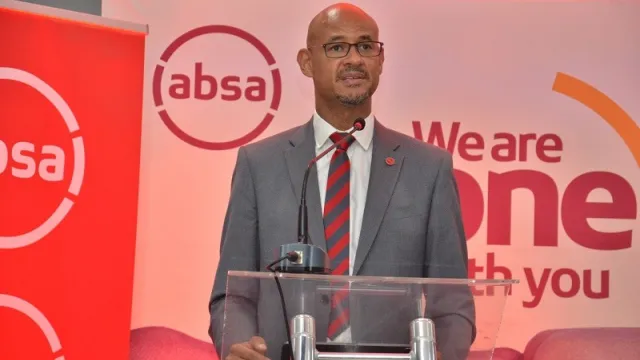How variety has given new brands a fighting chance

How variety has given new brands a fighting chance
In Nairobi where street block numbers are ignored or unknown and the names of roads get lost under an avalanche of advertisements of photocopy shops, directions across the city are usually given by referencing the sky scrapers near you.
A casual stroll down the streets and you’ll likely come across a conversation similar to this: “Where are you?” She turns and looks at the blue glass and washed out blocks that rise into the Nairobi skyline looking for labeling.
“Absa Towers.” And just like that, the person at the other end of her telephone conversation knows exactly where she is.
What is unique here is that just one year ago, this building was known as Barclay’s Towers, and with branding and marketing, Absa, a little known brand in Kenya has managed to get into the minds of Nairobi residents.
In any country this would not be a big feat but in Kenya it actually is.
For a long time in Kenya, variety was not a big thing and great brand names were so ubiquitous and universal that it has taken years to change the views about them.
Read also
- Absa reports Sh1.2 billion in half-year profit, says Ksh1.7 billion invested in transition
- Millennials don’t like banks, at least not in the traditional sense
Take for instance, you will find locations such as Kenol, Kobil, Agip and Caltex in any town in Kenya many years after these brands vanished.
A new petrol station like Rubis that has taken over Kenol Kobil will still have to deal with the fact that the matatu stage in front of it will always be called Kenol.
Kenyans will still say BlueBand ya Prestige, Omo ya Sunlight, or Colgate ya Aquafresh and refer to nearly all cooking fat as Kimbo or Kasuku.
But as the economy grew, particularly with liberalization of the 1990s, more brands started to come in and in the boom years of 2000s Kenya was attracting so many new foreign and local brands that the old big boys started to vanish from local brands lingo.
Barclays, which was a beneficiary of the narrow market, started fading leaving the blue eagle plastered on just a few of the oldest buildings in the towns that the bank had presence.
It belonged to a bygone era in both structure and brand appearance and could have been consigned into nostalgia had the lender not revamped itself and a new name.
Four years ago after Barclays PLC decided to leave Africa, marking more than a century of the brand’s presence, the lender needed a new name to help it resonate with changing consumer needs.
Its rebranding, however, faced the challenge of stubborn memory and the difficulty new brands get when replacing an old name especially at home locations.
Originally Amalgamated Banks of South Africa, its expansion outside South Africa rode with the abbreviation ABSA making it easier to be adopted and localized.
In Kenya, it had the benefit of learning from other banks that had recently changed names; Equatorial Commercial Bank had just become Spire Bank, K-Rep Bank had rebranded into Sidian while Remu microfinance had turned a KEY Microfinance.
Absa said it needed to fully transform into a customer-obsessed organization; one that puts the customer at the center of all decisions, propositions and initiatives.
In order to get it right, the financial services provider engaged customers across its different segments to better understand, not just their needs but also tastes and preferences further making commitments to fulfill these needs.
The bank shook things a little bit differentiating itself with the first-in-market Absa vertical debit and credit cards. It also revamped its SME Wezesha Biashara that offered up to Sh10 million unsecured loans as well as LPO financing and invoice discounting of up to Sh50 million.
The lender also introduced a new account dubbed Absa One, an all-in-one account with no minimum balance requirement and zero monthly fees. This account also offers unsecured loans of up to Sh6 million for individuals, Sh10 million for businesses, 0.5% cashback rewards on all ATM and debit card transactions and a multicurrency prepaid card with up to 8 major currencies.
The bank that was late to the digital party only launching Timiza recently says it wants to go big on technology by investing Sh1.6 billion in technology and automation projects on its core infrastructure to enhance service delivery.
Absa Managing Director Jeremy Awori noted that delivering a differentiated customer experience remains at the core of the bank’s growth, transformation and returns strategy.
“In the next year, we will be rolling out over 60 different technology projects, all aimed at transforming our customer experience. Some of these include automation of our loan top-up process, a first-in-the market move which will enable our customers apply and get top-ups on their existing loans within 15 minutes, and at the touch of a button. We will also be rolling out a fully-fledged online business banking platform in the coming weeks among other exciting innovations across our business segments,” said Mr Awori.
He was speaking on 10th February during a colourful ceremony at Absa's Queensway branch where the lender was marking its first anniversary in Kenya.



